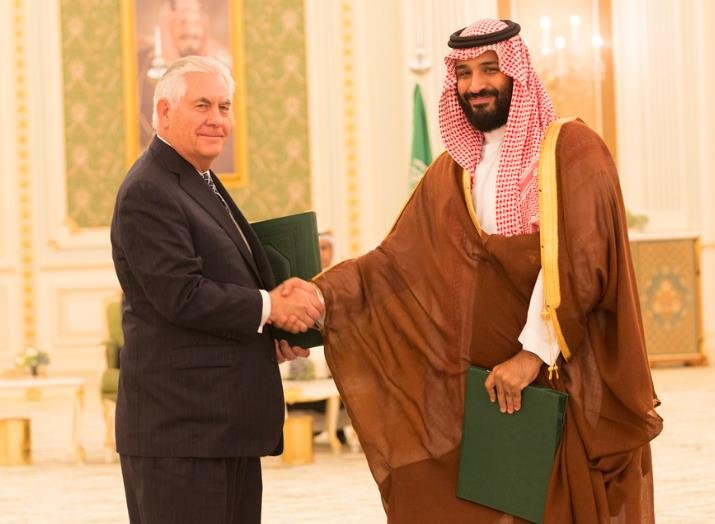The proposed U.S.-Saudi security agreement has sparked intense debate, raising questions about its true impact on the Middle East’s stability.
From the beginning of Joe Biden’s presidency, top advisers championed a robust alliance between the United States and Saudi Arabia. The idea was that this partnership would not only strengthen ties but also lead to broader regional benefits. The hope was that a Saudi Arabia under America’s protection would normalize relations with Israel and curb China’s influence in the Gulf. However, critics argue that this vision is more wishful thinking than a feasible strategy.
Flawed Assumptions
The belief that formalizing a defense pact with Saudi Arabia would lead to normalization with Israel overlooks deeper regional complexities. The Palestinian issue remains a sensitive and unresolved matter. By sidelining the Palestinians, the alliance risks perpetuating long-standing tensions rather than alleviating them. Moreover, the assumption that a “blank check” to Saudi Arabia would stabilize the region is met with skepticism. History has shown that increased financial and military support can sometimes lead to greater moral hazards and more intense conflicts.

Real-World Challenges: The Hamas Attack
The Hamas-led attacks on southern Israel on October 7, 2023, dramatically altered the Middle East’s security landscape. This event underscored the fragility of regional peace and raised doubts about the effectiveness of a U.S.-Saudi alliance. Despite the chaos, Washington remains steadfast in its support for the pact, suggesting a disconnect between policy intentions and on-the-ground realities.
Voices of Concern
A senior U.S. national security official highlighted the shifting narrative post-attack: “Before October 7, the headline was a Saudi pact that normalizes Israel, and the subheading was Palestinian statehood. Now, we’ve flipped the order.” This statement reflects a broader concern that the alliance may be more about political optics than substantive security outcomes. The focus on Saudi Arabia’s role in regional peace may not address the root causes of instability, potentially leading to more violence rather than less.
The Risk of Escalation
Investing heavily in a U.S.-Saudi alliance could inadvertently fuel further conflicts. By elevating Saudi Arabia to a treaty ally status on par with nations like Japan and Australia, the U.S. may be emboldening a regime that has been involved in various regional disputes. This move could lead to unintended consequences, including increased tensions with Iran and other regional players who view Saudi Arabia’s strengthened position with apprehension.
Economic and Moral Implications
The financial commitment required for such an alliance is substantial. Allocating resources to support Saudi Arabia might divert attention and funds from other critical areas, including domestic needs and alternative foreign policy strategies. Moreover, there are ethical considerations regarding Saudi Arabia’s human rights record and its role in regional conflicts. Aligning closely with the kingdom may send mixed messages about the U.S.’s commitment to human rights and democratic values.
Beyond the Numbers: The Human Element
While the economic and strategic benefits of the U.S.-Saudi alliance are often highlighted, the human impact cannot be ignored. The ongoing conflicts and humanitarian crises in the region affect millions of lives. A top-down approach to alliance-building risks overlooking the grassroots movements and the voices of those directly impacted by instability.
Sustainable Solutions Needed
True stability in the Middle East requires more than strategic alliances; it demands comprehensive solutions that address the underlying causes of conflict. This includes promoting inclusive governance, supporting economic development, and fostering dialogue among diverse communities. Relying solely on military and economic partnerships may not lead to lasting peace and could exacerbate existing tensions.
Reevaluating the Alliance
As the Middle East continues to navigate complex geopolitical shifts, it is crucial for policymakers to critically assess the long-term implications of the U.S.-Saudi alliance. Strategic partnerships should be grounded in realistic assessments and a genuine commitment to fostering peace and stability, rather than idealistic notions that may not hold up against the region’s multifaceted challenges.
